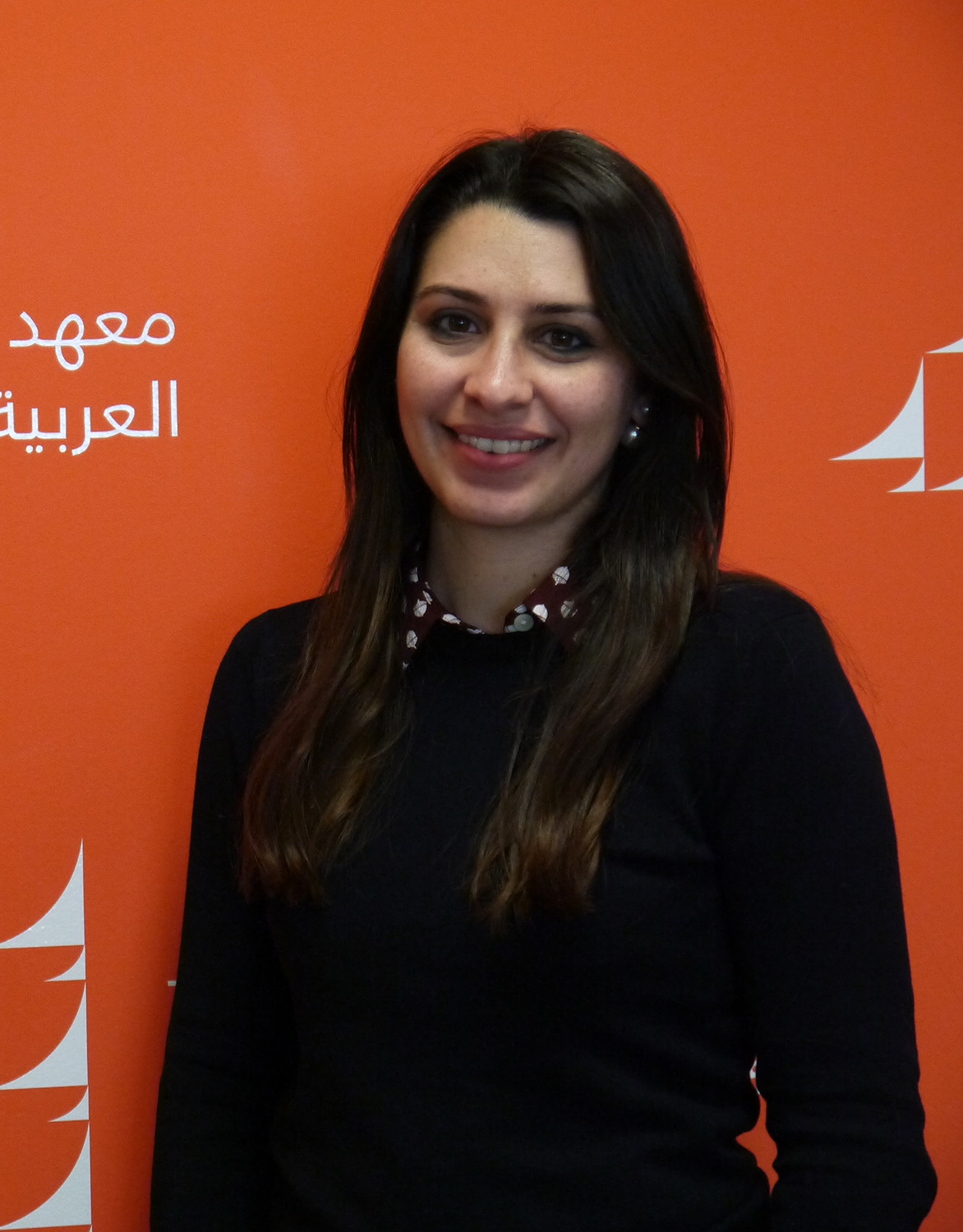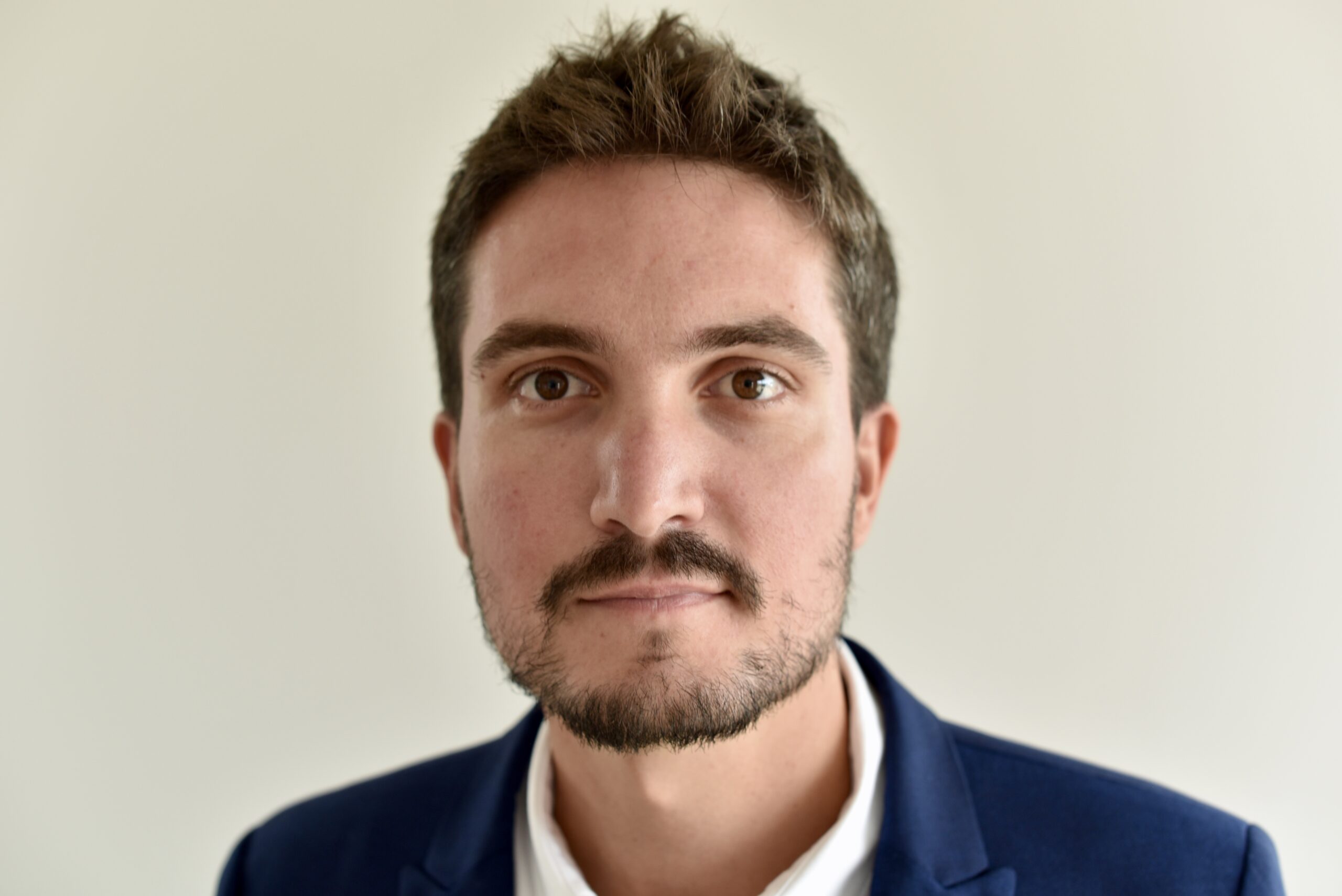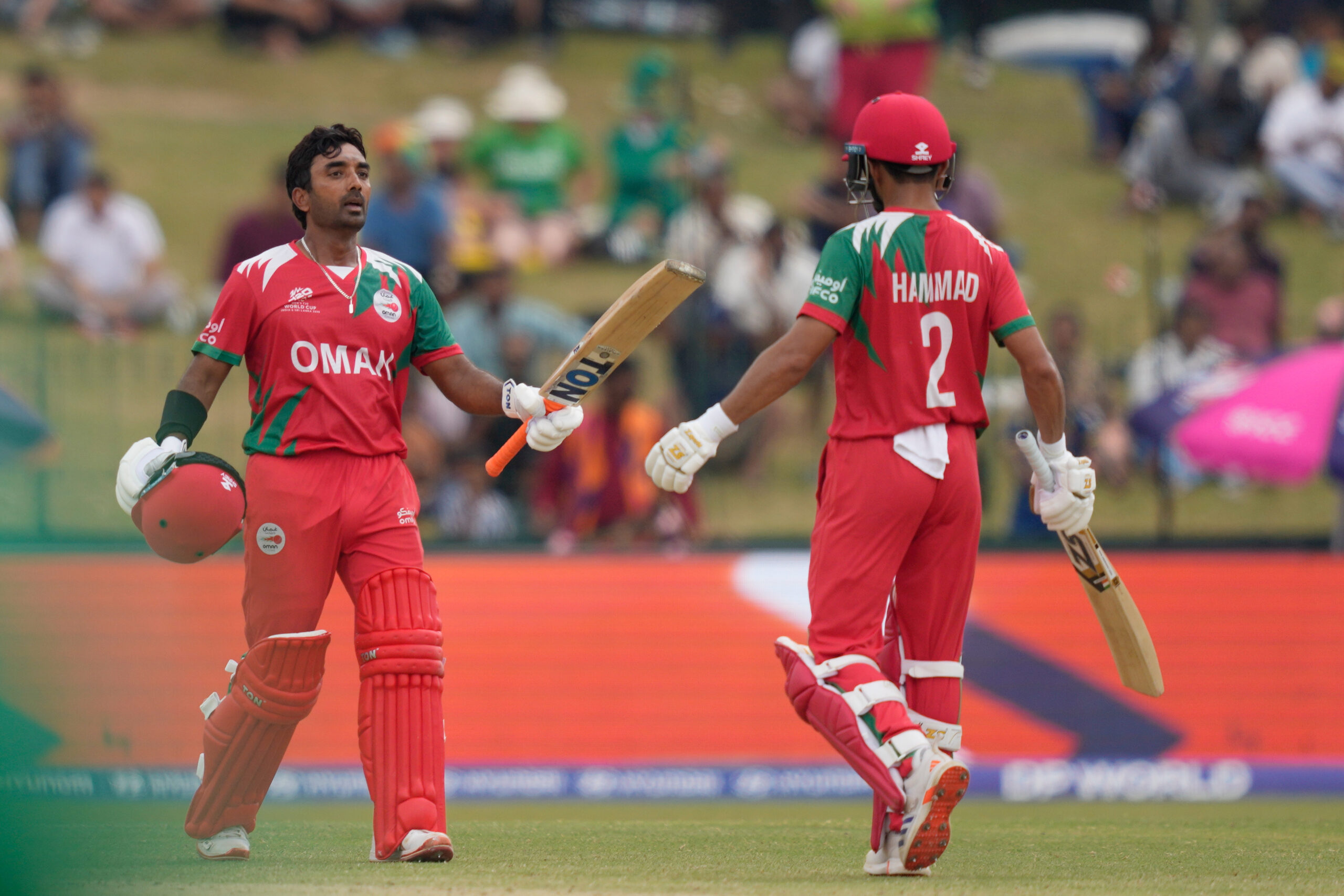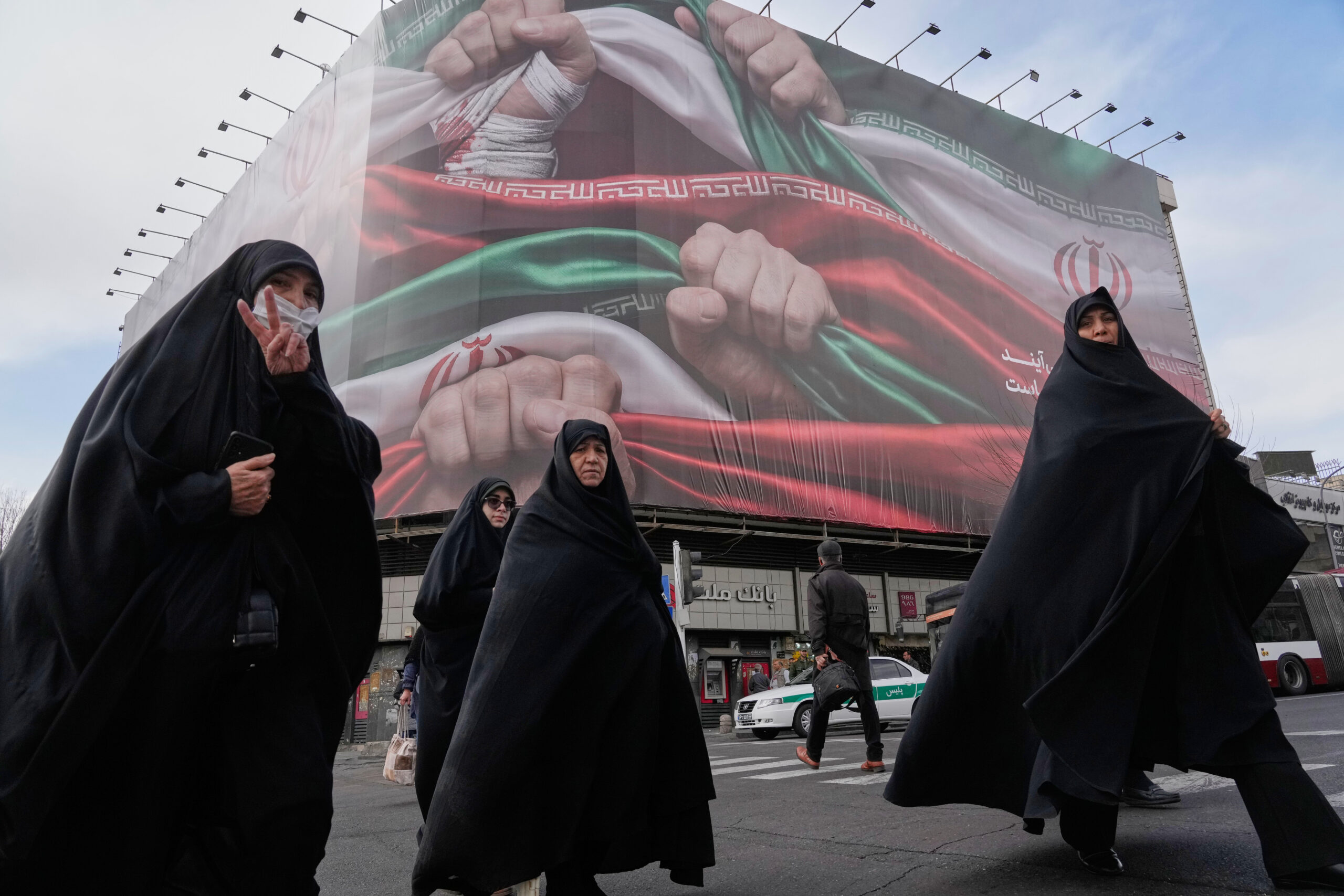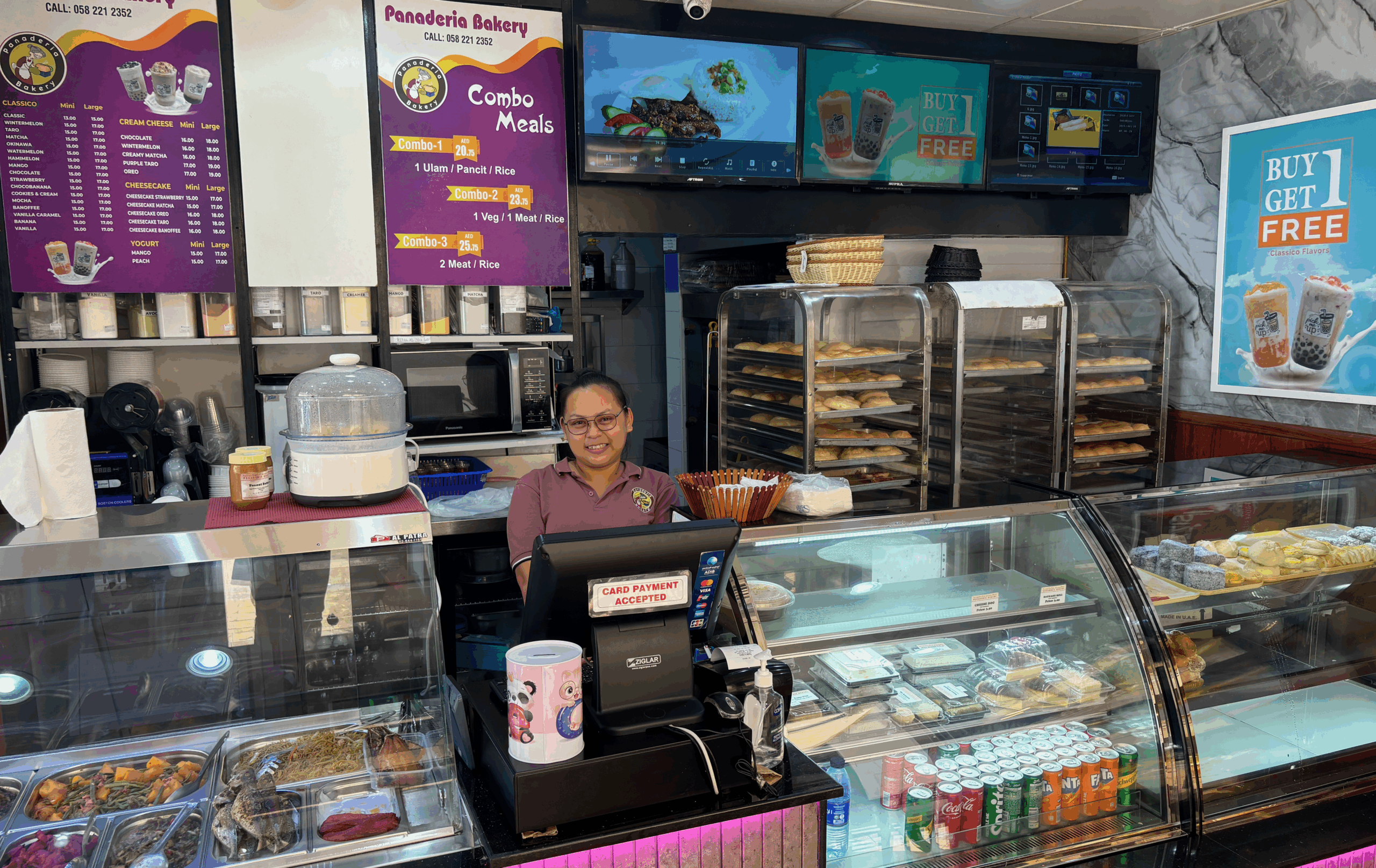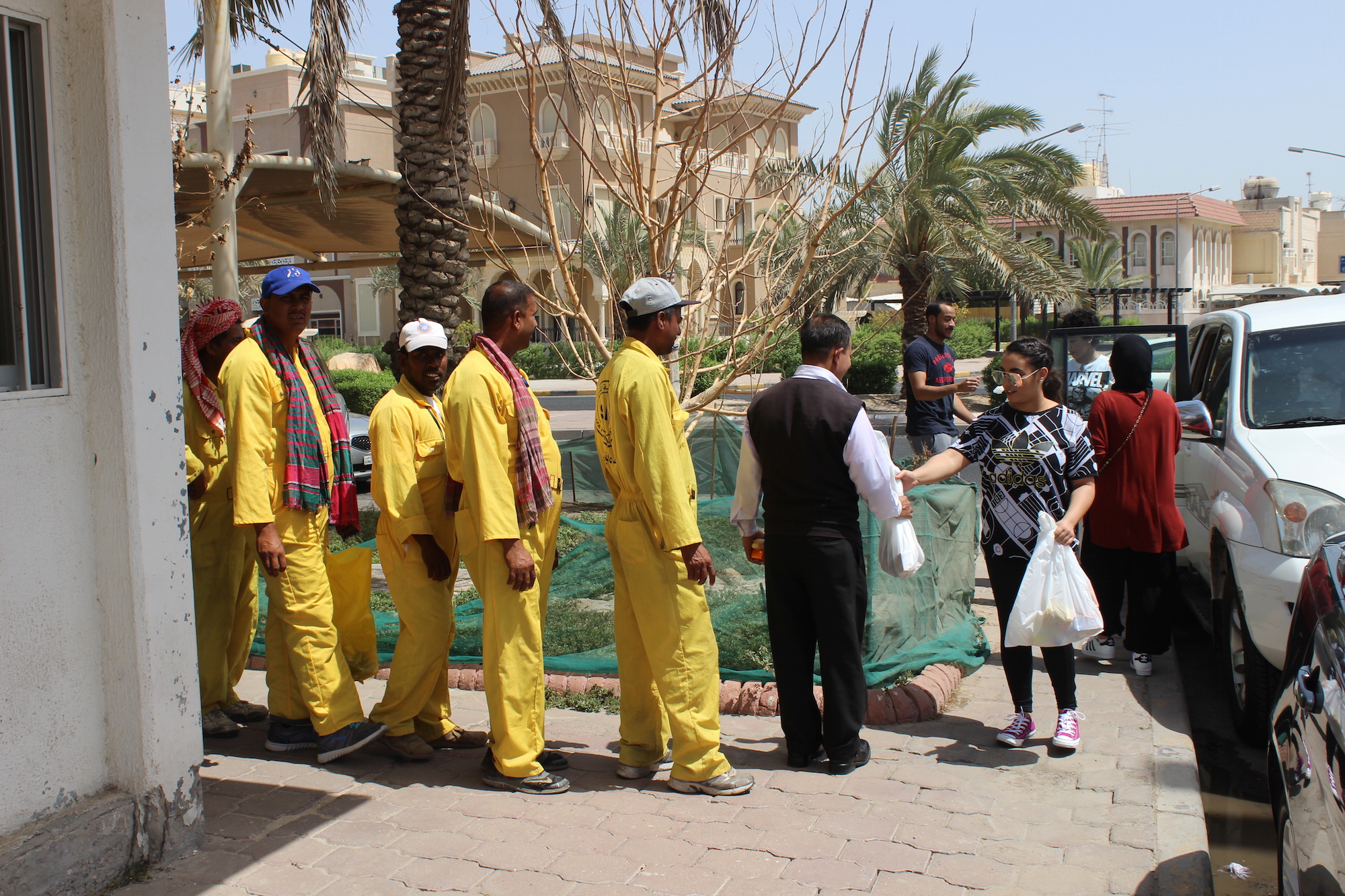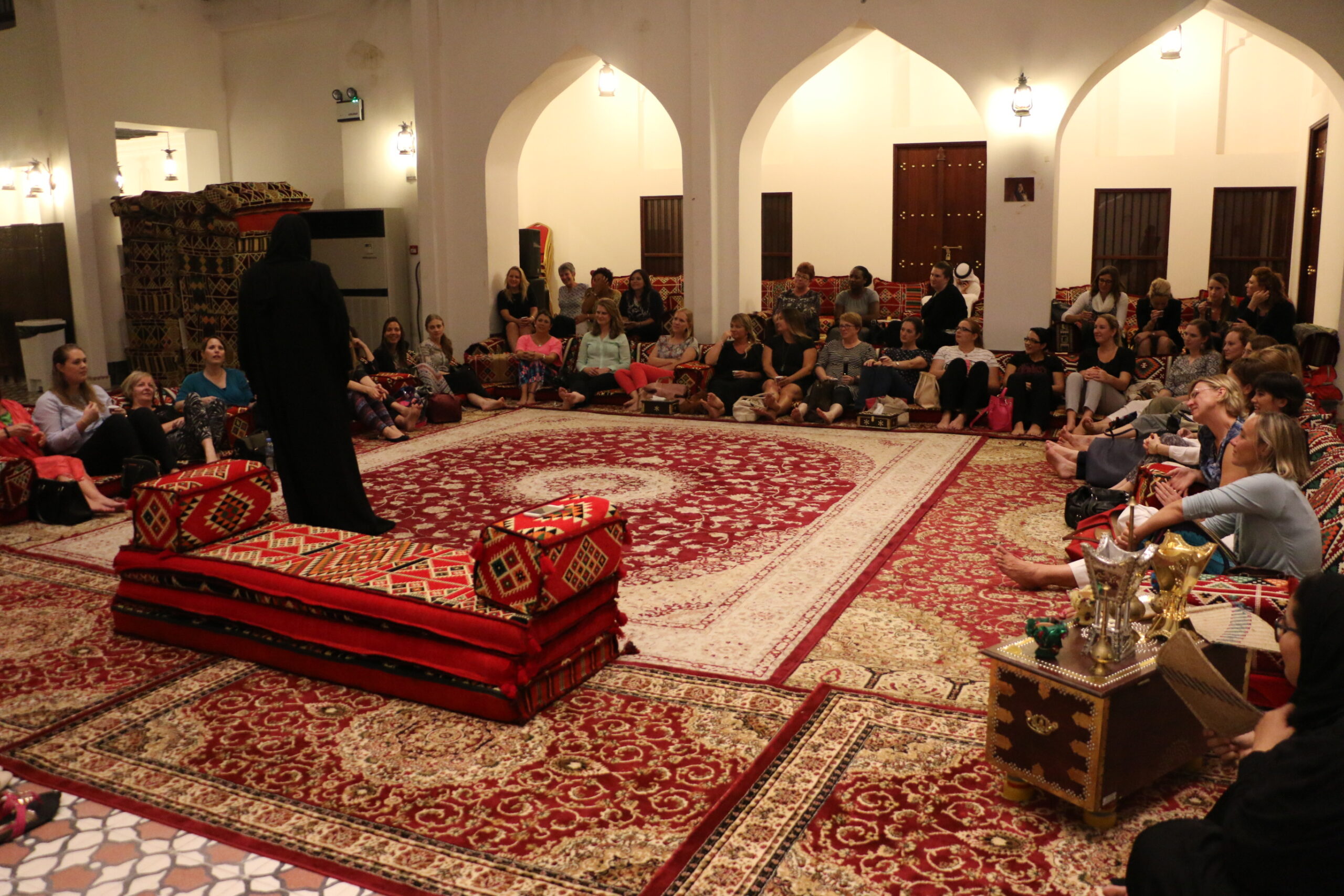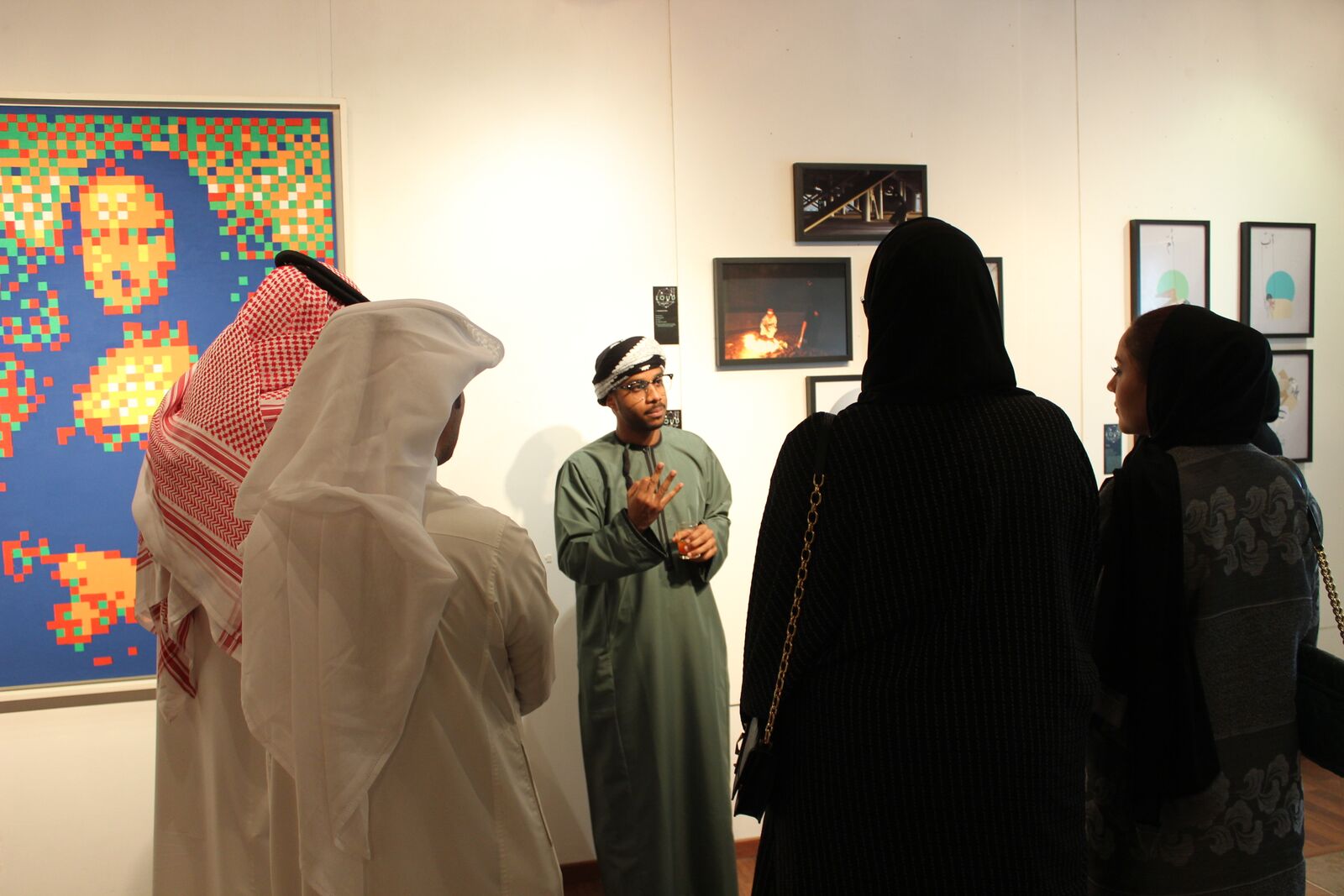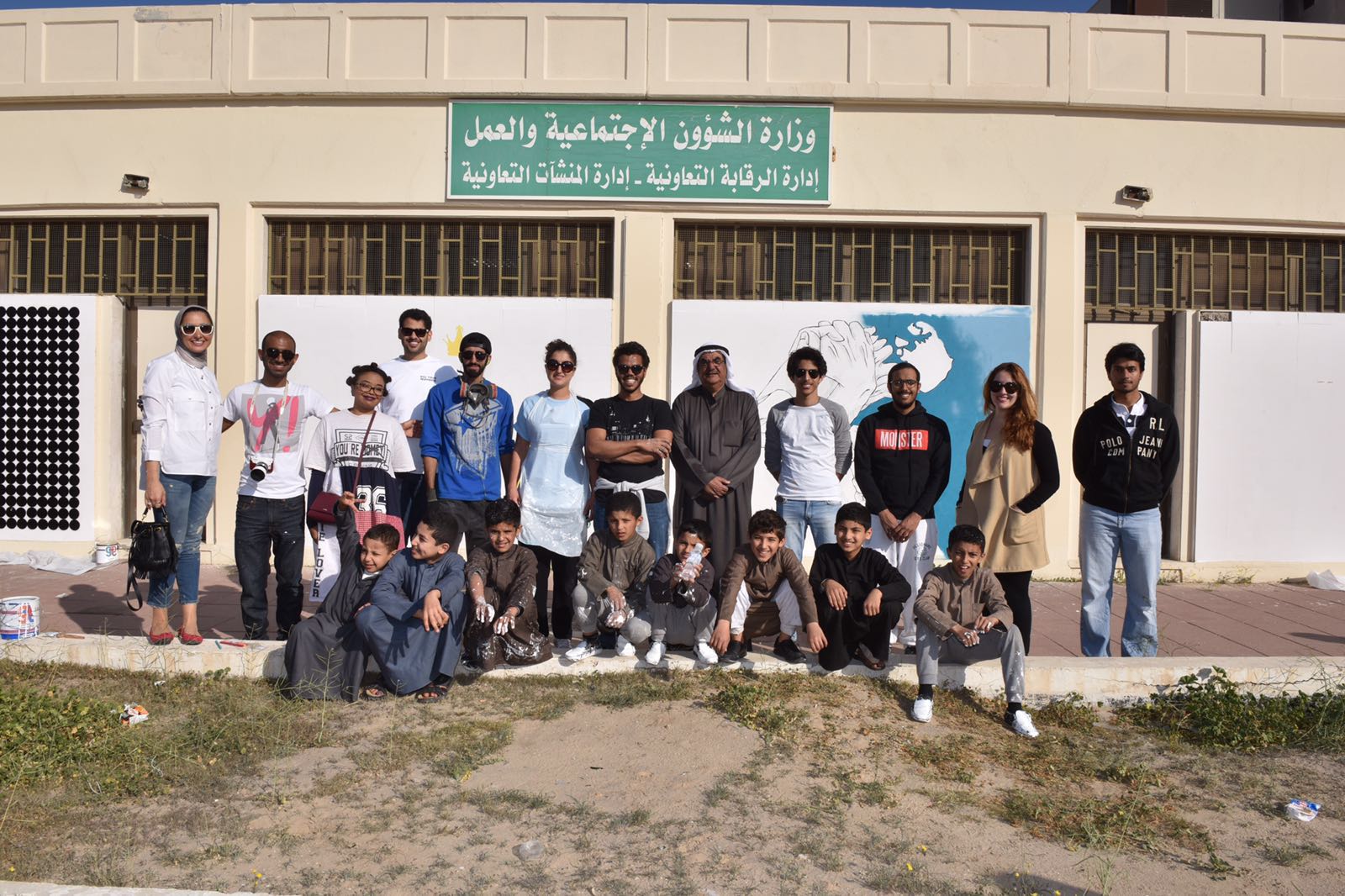Al Balad: Raising the Bar for Omani News
Oman’s first online newspaper, Al Balad, is run by a group of local youth: Turki Al-Balushi, Ali-Alansari, Noora Almeer, Rahma Al-Judaili, Firas Altubi, Salah Al-Balushi, Rahma Alsawafi, Talib Alabri, and Ghalib Alabri. The founding members wanted to diverge from traditional practice and bring a new flavor of independent and credible journalism to Oman. Since its...
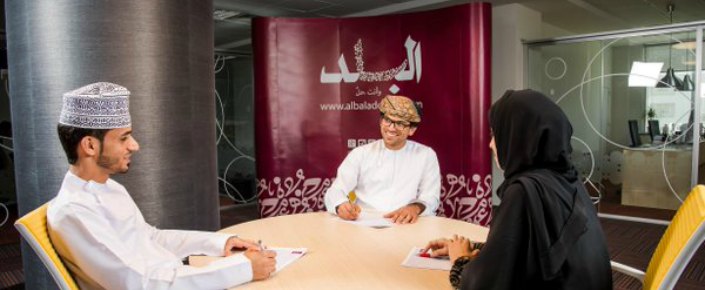
Oman’s first online newspaper, Al Balad, is run by a group of local youth: Turki Al-Balushi, Ali-Alansari, Noora Almeer, Rahma Al-Judaili, Firas Altubi, Salah Al-Balushi, Rahma Alsawafi, Talib Alabri, and Ghalib Alabri. The founding members wanted to diverge from traditional practice and bring a new flavor of independent and credible journalism to Oman. Since its debut in 2012, the all Arabic Al Balad has raised the bar for other Omani news sources in two important ways: by publishing content that existing media outlets previously had excluded and by utilizing social media to connect Al Balad to the pulse of the Omani street.
 AGSIW spoke with Turki Al-Balushi, the editor in chief of Al Balad. Turki, a graduate of Sultan Qaboos University, has a background working with local radio and newspapers. From 2014-15 he ran a radio show to accompany Al Balad, called Hewar Al Balad. Hewar focused on economic and political change as well as human rights. Though the radio program has since been discontinued, Al Balad continues to grow strong and receives thousands of visitors everyday.
AGSIW spoke with Turki Al-Balushi, the editor in chief of Al Balad. Turki, a graduate of Sultan Qaboos University, has a background working with local radio and newspapers. From 2014-15 he ran a radio show to accompany Al Balad, called Hewar Al Balad. Hewar focused on economic and political change as well as human rights. Though the radio program has since been discontinued, Al Balad continues to grow strong and receives thousands of visitors everyday.
AGSIW: Why did you want to start an online newspaper for Omanis and what was the goal behind creating Al Balad?
Turki: When we were students in the media department at SQU, we were always thinking about the changes happening in media generally and the media field in Oman. We were looking for changes to be inspired. I worked in print media for about four years, but at the end of the day there, I felt like we weren’t covering the stories that people were thinking about or the issues that people wanted to read about in the media: the developments happening in the country among youth – the challenges they were facing, what was happening in areas outside Muscat, and in the realms of politics or economics in Oman. We wanted to add something new to the media sector in Oman. Al Balad came after 2011 when we had protests and we knew change should happen in the media in general. The idea was to start an independent, online newspaper that could attract more readers and publish more attractive content in terms of news, investigations, and videos. The idea was to make a small hole to change and push other media. We didn’t want to compete with traditional media; we wanted to do something new and different. That was the main goal for Al Balad, the vision for it in Oman.
AGSIW: How did Al Balad materialize from those intentions?
Turki: I spoke with a couple of different forums before I started Al Balad; online forums were popular in Oman at the time, like Sablat Oman and al-Hara al-Omaniya. I discussed with them this project as part of the forums – I told them it’s an independent news project that would ask questions that weren’t being asked before, and in a professional way, not just getting comments from people. They weren’t interested in the project. So, I spoke to some of my friends who had studied journalism with me, and some others. We started with about six members in 2012.
AGSIW: In 2011 Oman saw a series of protests and social upheaval; with Al Balad’s establishment shortly after, how did this timing affect the initiative?
Turki: We came during a tough time. In 2012 there was a lot happening: bloggers being arrested, people weren’t satisfied with the changes that had happened after 2011. We were in the face of all this and under pressure. We had two options: either ignore everything and be like any other media outlet and report things the way they were doing or take the advantage to be different than others, and write and publish a story and analyze according to what was happening. We were publishing and covering issues that traditional media wasn’t, like the arrests of bloggers. But Facebook, Twitter, and WhatsApp were all booming in Oman at the time and a lot of information was available on social media. This pushed us to be part of the game and cover all these stories. From this, we captured the audience in Oman and we earned trust from the officials. Even when people are not happy with the stories they interact with us.
AGSIW: What sort of challenges do you face with Al Balad and more broadly as journalists in Oman?
Turki: Our main challenge has been how to finance the project and be a strong and trusted website, and one of the more competitive news agencies in Oman.
I get calls sometimes from authorities and officials, but at the end we are professional with all our stories. If anyone has a comment they are welcome to send a statement to us. We have publishing and communication laws here in Oman and I care very much about the laws and I want us to be smart and professional and follow the laws in a smart way so we can keep our writers safe.
Sourcing stories is always a challenge in Oman. One of the challenges is reaching the information, the statistics, and the facts. We started by building trust with all the sources: government, private sector, civil societies, and NGOs. Even if we report in a different way than other media, there is trust. That is what we are focusing on, building trust. But still, it’s sometimes difficult to reach the information.
AGSIW: How is Al Balad engaging and connecting with Omani youth?
Turki: We follow the stories they are following – the trends and the hashtags. We also do video stories – stories that are close to society and people. Those are the ones we cover so we can attract people. The youth, in general, are half the society and half of the Internet. They are everywhere, on all social media using their phones. We are directly in touch with them; we know what they are thinking about and what they are commenting on in the news and through the website. We know what they are reading, which stories are trending. That helps us understand more of what people are thinking about. And, the news consumers in Oman are looking for deeper, and different stories – not what is in print.
Follow Al Balad on Twitter, Instagram, and YouTube.
The views represented herein are the author's or speaker's own and do not necessarily reflect the views of AGSI, its staff, or its board of directors.
